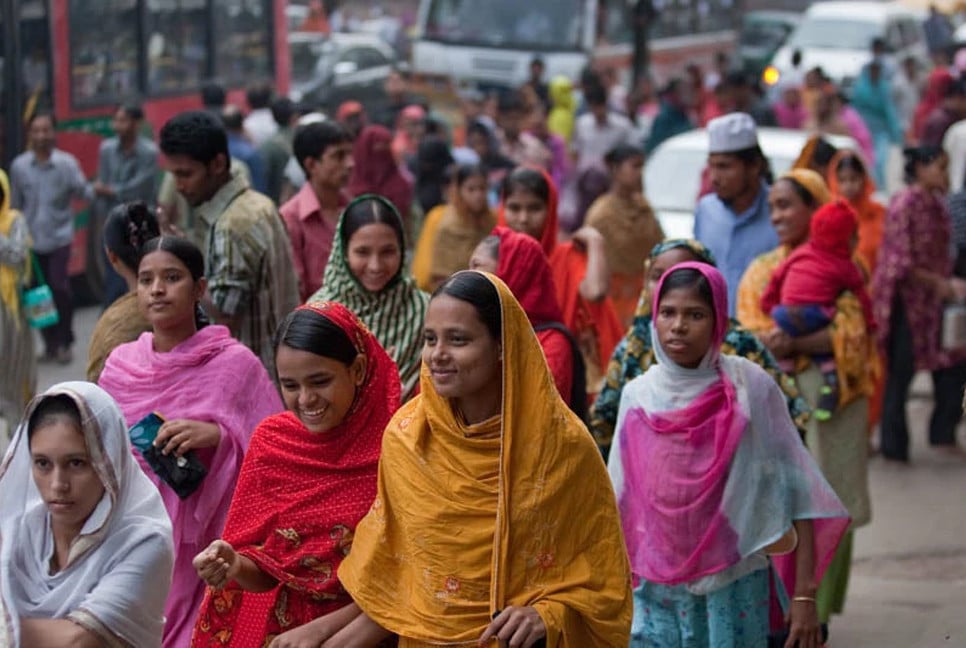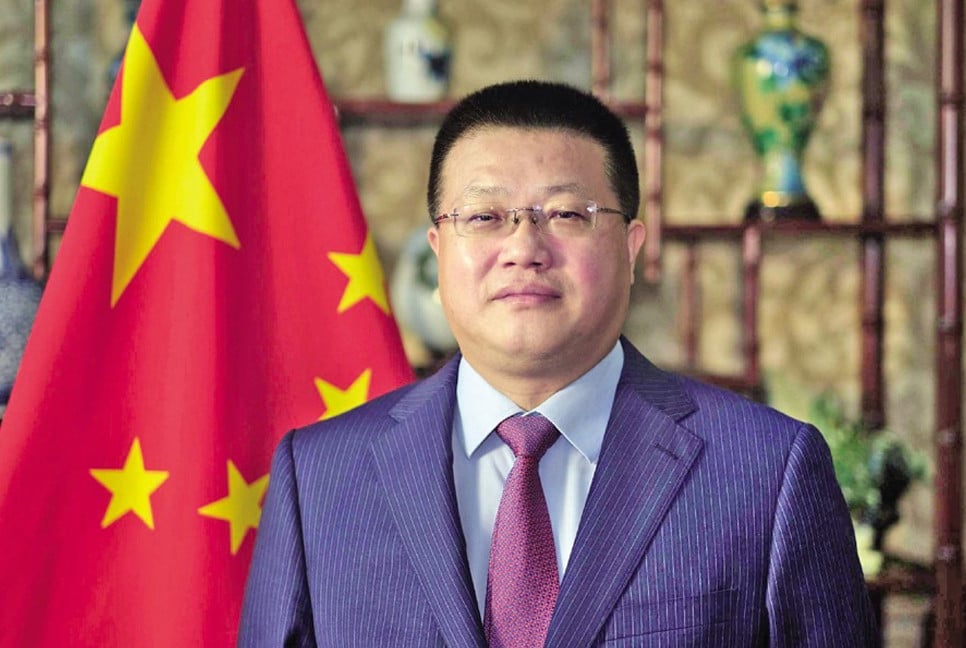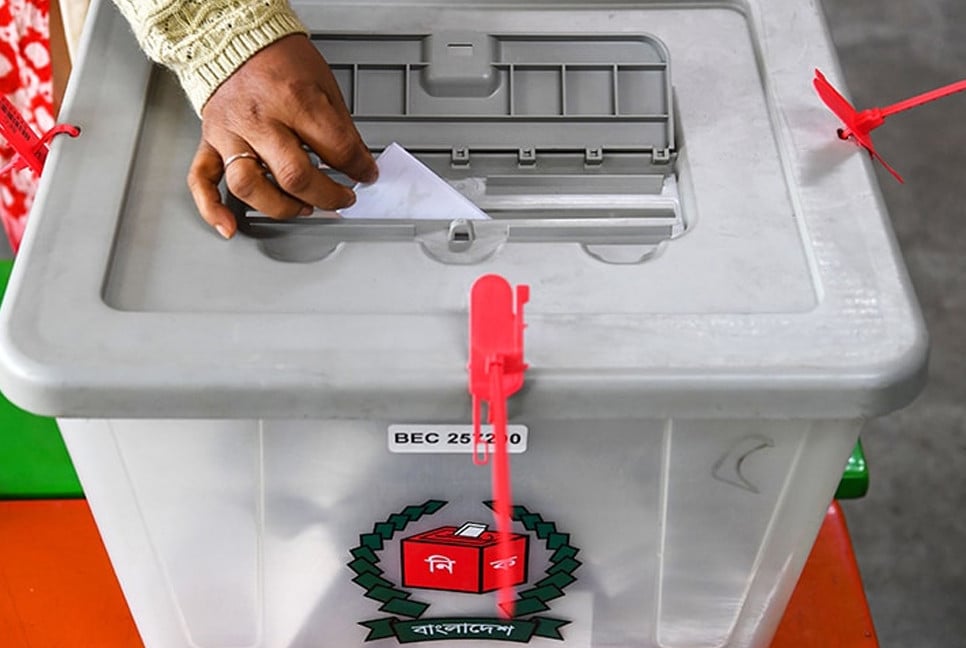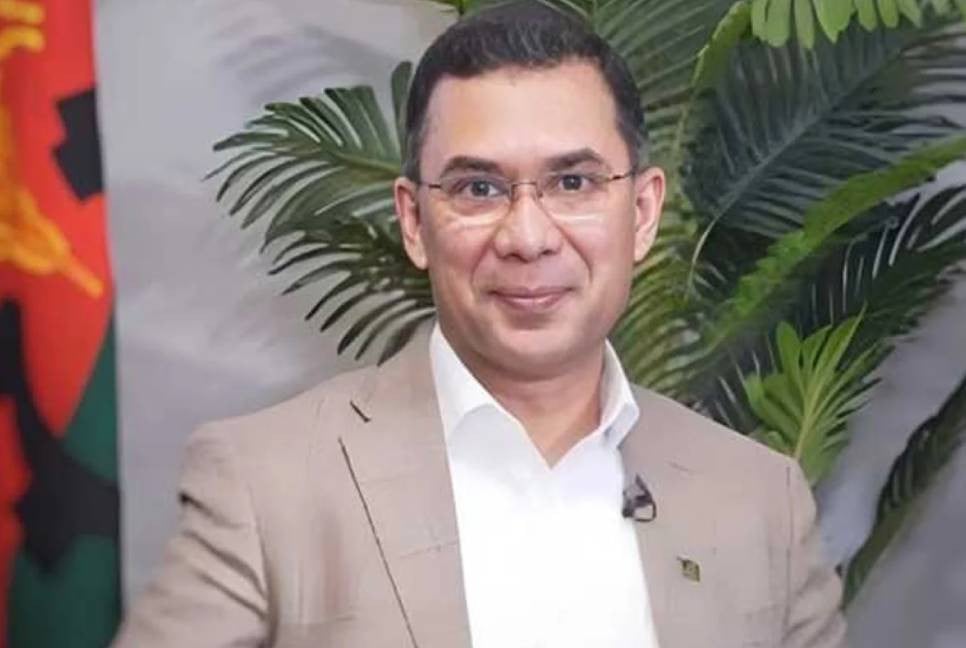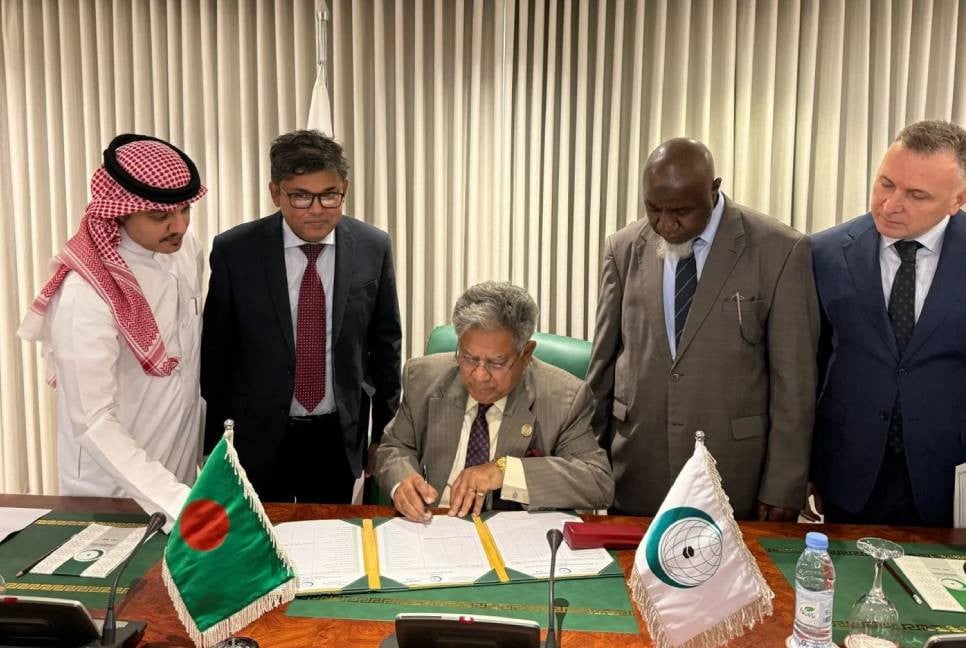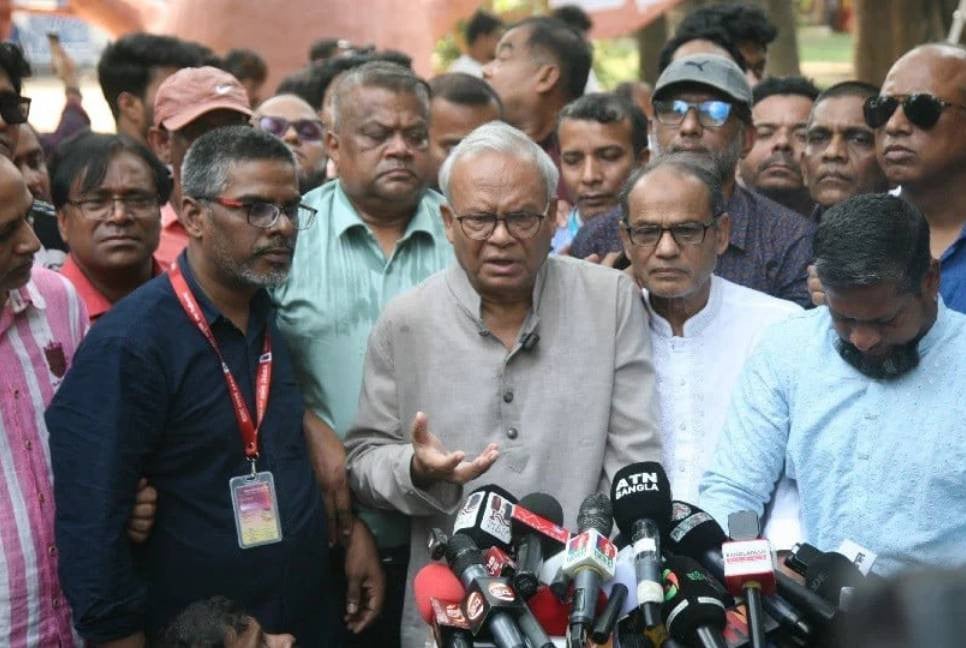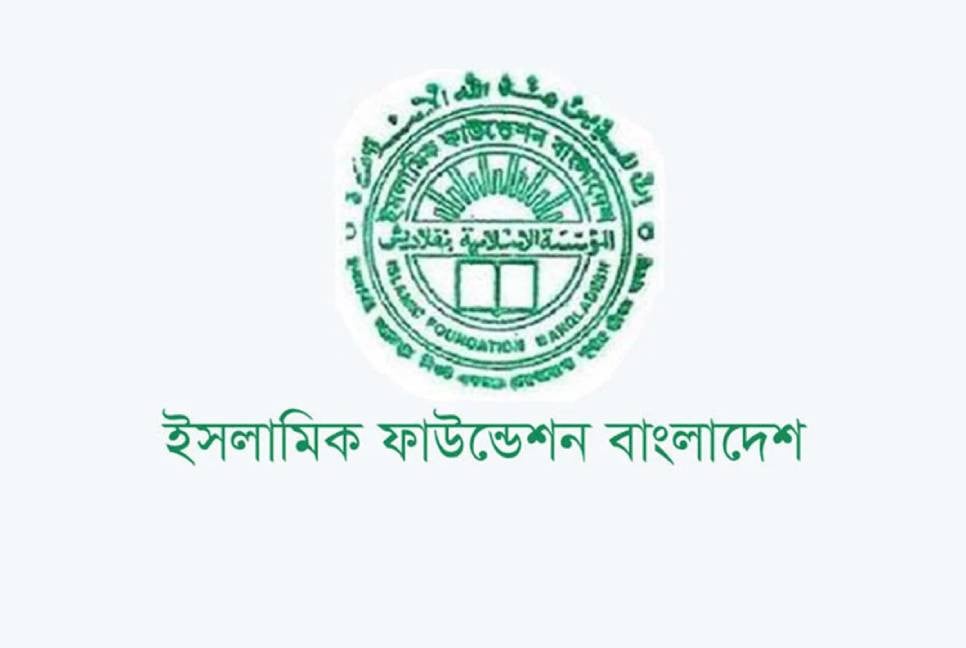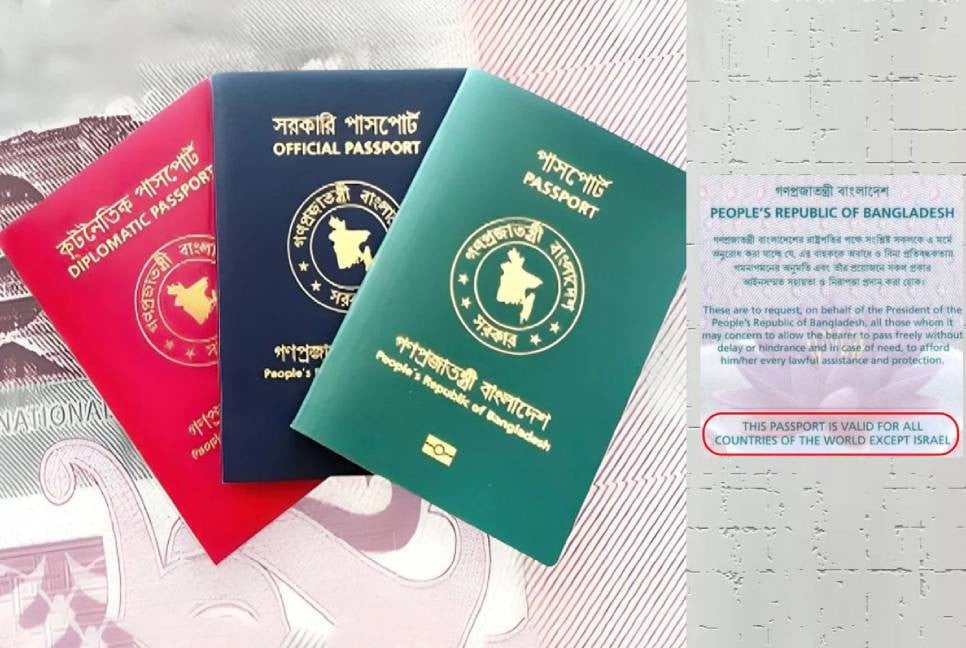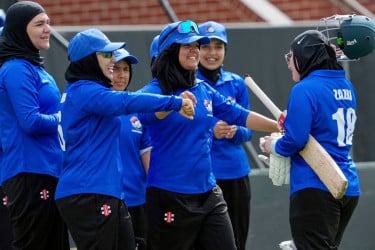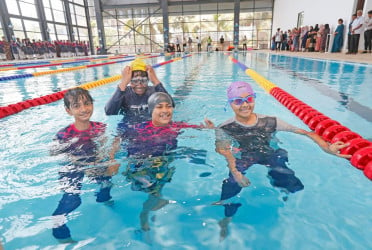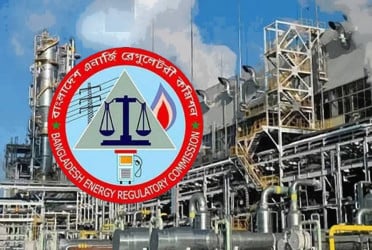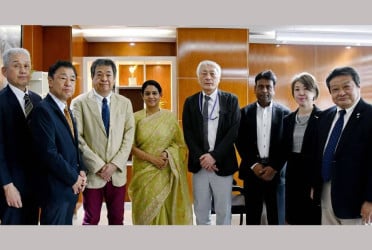The government has initiated five major projects designed to improve the educational, economic, and social prospects of women across the country.
These projects – part of a wider gender equality strategy – focus on skills development, entrepreneurship, and access to technology and aim to drive sustainable development and empower women, in line with national priorities and the global commitment to gender equality.
The Ministry of Women and Children’s Affairs has submitted the five projects for approval by the Planning Commission.
Planned to be carried out by the Department of Women Affairs and Jatiyo Mohila Sangstha, each of the five projects has been tailored to address the specific challenges faced by women, particularly in rural and underserved areas, and to provide them with the tools needed to foster economic independence and social mobility.
Providing bicycles to schoolgirls
The project titled “Providing Bicycles to School-Going Students for Adolescent Girls’ Empowerment” focuses on adolescent girls in grades six and above, across 59 upazilas in eight districts: Shariatpur, Khagrachari, Satkhira, Pabna, Habiganj, Bhola, Gaibandha, and Sherpur.
With a projected budget of Tk24.96 crore, it will run from January 2025 to December 2027, with the Department of Women Affairs overseeing its implementation. The main goal is to reduce child marriage by ensuring regular school attendance.
By providing bicycles to 16,000 girls, the project will make it easier for them to travel to school safely, cutting the risk of dropping out due to long distances. Additionally, it will build the girls' confidence and independence – key steps in the broader journey towards empowering women.
Income generation training for women at the upazila level
The Women’s Income Generation Activities at the Upazila Level (2nd Phase) project aims to empower 208,320 women, aged 18-40, from disadvantaged backgrounds.
With a budget of Tk336.86 crore, it will run from January 2025 to December 2027 and be implemented by the Department of Women Affairs.
The project will focus on equipping women with the skills they need to generate income.
By offering training in a range of trades and linking participants to microcredit programmes, it aims to boost women’s economic independence.
Additionally, it will raise awareness on crucial issues such as gender-based violence, child marriage, and family planning.
This initiative will play a key role in integrating women into the national economy, giving them the chance to break free from the cycle of poverty.
Advanced training for women entrepreneurs in jute product diversification
The Advanced Training for Women Entrepreneurs on Jute Product Diversification project targets 3,750 women entrepreneurs, focusing on the production and marketing of jute products.
With a budget of Tk31.23 crore, it will be implemented by the Department of Women Affairs from January 2025 to December 2027.
The project will provide specialised training in jute product manufacturing, helping women access both domestic and international markets.
It also aims to promote eco-friendly jute products and tackle climate change.
By establishing training centres in districts such as Khulna, Mymensingh, and Sirajganj, the initiative will assist women entrepreneurs in securing loans in partnership with financial institutions.
Rural women’s employment training
With a budget of Tk425.55 crore, the Rural-Based Women’s Employment Training Project will empower 150,000 women in rural areas by providing them with skills training across 93 upazilas.
The project, running from January 2025 to December 2029, will be carried out by JatiyoMohilaSangstha. It aims to create 6,000 women entrepreneurs by offering training in 15 different trades.
This initiative will enhance rural women’s employment opportunities, improving their livelihoods and contributing to the national economy.
It will also help reduce gender inequality in rural areas, aligning with the United Nations’ Sustainable Development Goals (SDGs) on poverty eradication and gender equality.
ICT-based skills development for women
This project aims to close the gender gap in information technology by providing ICT training to 25,000 women, with a focus on educated but unemployed women.
With an estimated budget of Tk255.65 crore, the Development of ICT-based Skills for Women initiative will run from January 2025 to December 2029 under the guidance of Jatiyo Mohila Sangstha.
The project will offer ICT training and create opportunities for self-employment, particularly in freelancing. Successful trainees will receive 5,000 laptops, and 2,000 women will have the chance to undertake internships.
The project aims to equip women with the digital skills necessary to thrive in today’s economy and foster entrepreneurship across the country.
The vision for women’s empowerment
These projects highlight the government’s commitment to building a more inclusive society, where women can fully engage in economic development.
Papiya Sultana, senior assistant secretary at the Ministry of Women and Children’s Affairs, told the Daily Sun that the new initiatives are designed to support girls' education, encourage women’s entrepreneurship, and provide practical training for women to build sustainable livelihoods.
She emphasised that these programmes are part of a wider effort to narrow the gender gap and ensure that women have the resources and opportunities they need to succeed.
Ferdous Ara Begum, CEO of Business Initiative Leading Development (BUILD), welcomed the initiatives, stressing that reducing urban dependency and empowering rural women would significantly contribute to the country’s inclusive growth.
By fostering entrepreneurial opportunities in rural areas, Bangladesh can achieve more balanced economic development and ensure women’s active participation in the workforce.
A focus on demand-driven training
A key point raised by experts is the importance of demand-driven training programmes. To maximise impact, training must be specifically tailored to the needs of women in various sectors.
Ferdous Ara Begum told the Daily Sun that providing ongoing support – such as access to technology, raw materials, and marketing assistance – will be essential to ensuring the long-term success of these initiatives.
“The ICT training project, in particular, needs to go beyond basic computer skills and offer more advanced training in areas like AI and data management,” she said.
“This is crucial to preparing women for the digital economy, which is evolving rapidly and requires a high level of digital expertise.”
Courtesy: Daily Sun
Bd-pratidin English/Tanvir Raihan

